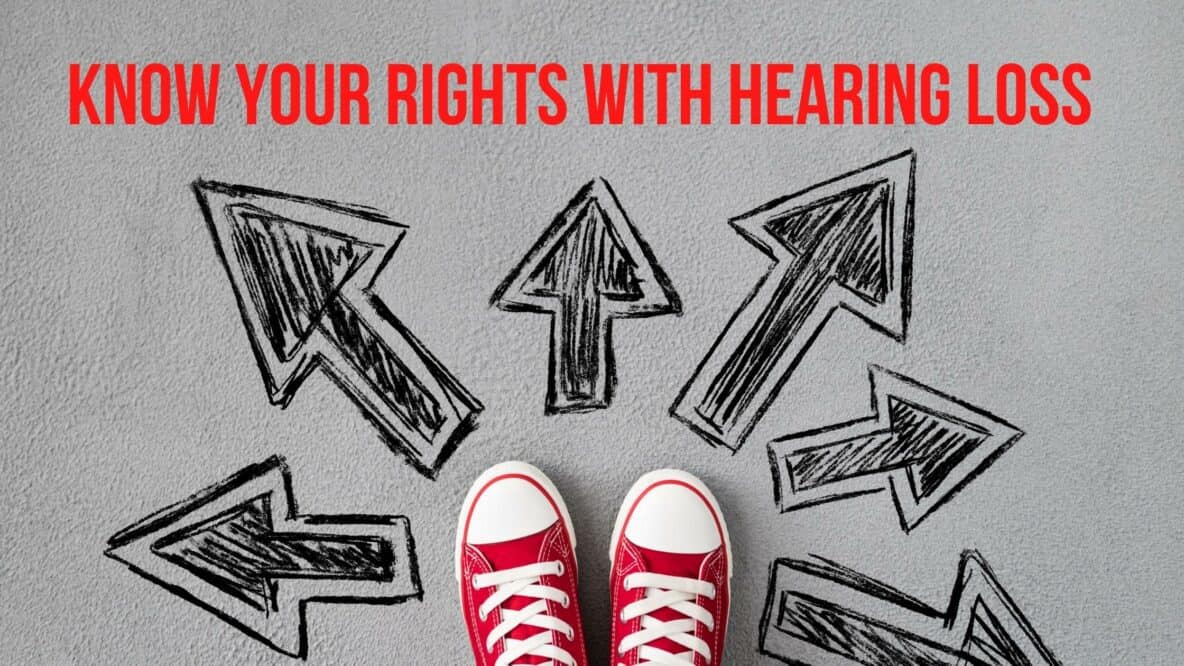Advocacy groups work tirelessly to both secure the rights of people with disabilities or health conditions and to educate the public on the discrimination that accompanies these issues. Proposed legislation concerning greater access to hearing aids is a recent trophy won by their ceaseless efforts.
Currently, Medicare does not cover hearing aids or exams for fitting hearing aids. This echoes the cultural perception gap between the reported importance of hearing health (where 80% of Americans rank hearing health as extremely or very important) and the rate at which people in the United States seek hearing tests (only 20% of Americans have had their hearing tested in the last five years). Because hearing loss is one of the most common chronic health issues affecting American adults, there should be greater access to treatment of hearing conditions.
Why is Medicare coverage ripe for change?
The proposed legislation that would make hearing loss interventions more affordable for Americans entails expanding Medicare coverage to include hearing aids and services related to hearing aids.
This is a necessary update on Medicare, which was signed into law in the 1960’s and did not include stipulations covering the expense of hearing aids. Of course, the needs of the aging population have changed drastically in the past six decades. We are living much longer and have vibrant lifestyles well into our older years.
The hearing aid industry has also advanced exponentially so that the hearing aids available today perform light years beyond what our grandparents could have imagined.
Many older adults report hearing loss
Hearing loss affects 48 million Americans, but it disproportionately affects older adults. The largest demographic with hearing loss in the country are adults aged 60-69. Half of people over 75 years of age have debilitating hearing loss. In 1965, the year that Medicare was signed into law, the life expectancy for the average American was just 70 years of age.
Barriers to hearing health access
Why don’t people who have hearing loss seek treatment? Cost is certainly an issue when paying out of pocket. The most common reason Americans report a low motivation for seeking treatment for hearing loss, like hearing aids, are related to financial concerns. This can encompass naming simply the cost of treatment, or it can be related to insurance not covering hearing aids or a lack of access to health insurance at all.
The National Institute on Deafness and Other Communication Disorders reports that “among adults aged 70 and older with hearing loss who could benefit from hearing aids, fewer than one in three (30 percent) has ever used them. Even fewer adults aged 20 to 69 (approximately 16 percent) who could benefit from wearing hearing aids have ever used them.”
We might propose that our cultural attitude toward hearing aids is affected by old fashioned stigmas around aging, but it is also likely that people do not seek treatment or have friends or family members that have sought treatment because it is simply out of reach.
How hearing loss interventions can help
But we know that hearing aids can make a big difference in the lives of people who experience difficulty hearing. People who have hearing aids overwhelmingly report better communication, improved relationships and less effortful listening. We know that hearing aids can support interrupting the emotional effects of hearing loss, like depression or isolation.
There is also a connection between hearing loss and dementia. Because so much of what we know as hearing happens in the processing centers of the brain, our cognitive function is fundamentally impacted by loss of sound information transmitted easily in healthy ears from one’s ears to the brain. Researchers are still unraveling the mysteries of the hearing loss-dementia connection, but we know that even mild hearing loss can double the risk of dementia in individuals. Wearing hearing aids may help to prevent cognitive decline in older adults.
What can you do?
While our legislators battle it out on the political stage, there are advocacy steps you can take. Call or email your Senators and Representatives and let them know that hearing health is important to you. The Hearing Loss Association of America has a handy template you can follow here. Advocating for a brighter hearing future and more accessible hearing loss interventions can help turn up the volume for everyone.

